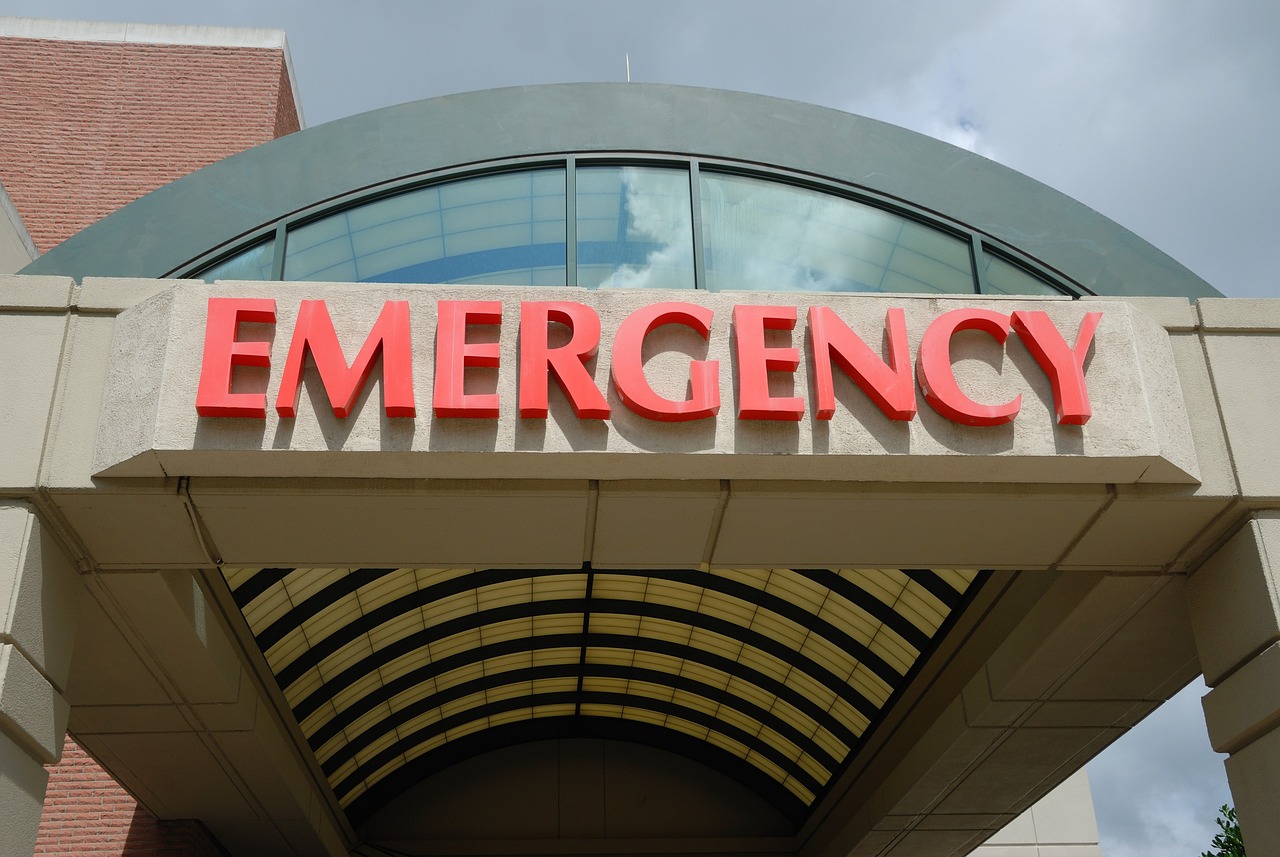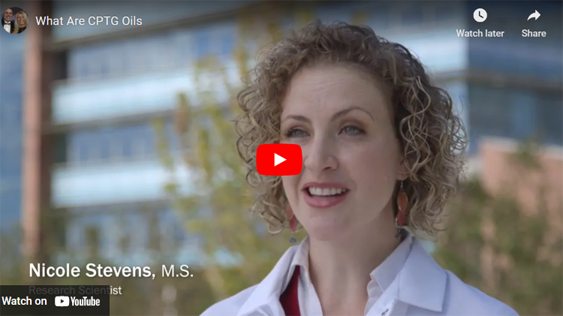I. Essential Oil Basics
In this first lesson on essential oils, I cover some of the basics: what essential oils are, their physical and emotional benefits, and the science behind their use.
What Are Essential Oils?
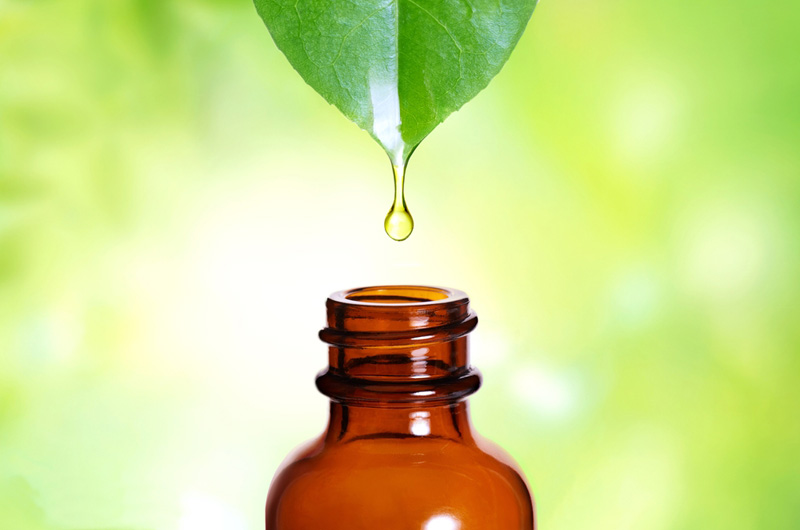
Essential oils are naturally occurring aromatic compounds extracted from the flowers, leaves, roots, bark, seeds, fruits and other parts of plants.
The word “essential” is a contraction of “quintessential” meaning "life force" or "spirit": Essential oils were once thought to contain the life force of the plant.
Essential oils are true oils, meaning they mix well with other oils or fats and do not mix well with water. But unlike many other oils, they do not contain fatty acids. So they do not feel greasy.
How Essential Oils Are Obtained
Essential oils are extracted from plant materials through a process of steam distillation, cold pressing or solvent extraction. The essential oils obtained through these processes can be made up of anywhere from 1 to 1000 different chemical compounds.
For an explanation of each of the processes used to extract essential oils click on this link: Extracting Essential Oils. For now, suffice it to say that a fair amount of expertise is required to ensure the chemical profile of the essential oil is preserved during these extraction processes. This is one reason why it's important to choose the right company when selecting essential oils!
Why Plants Make Essential OIls
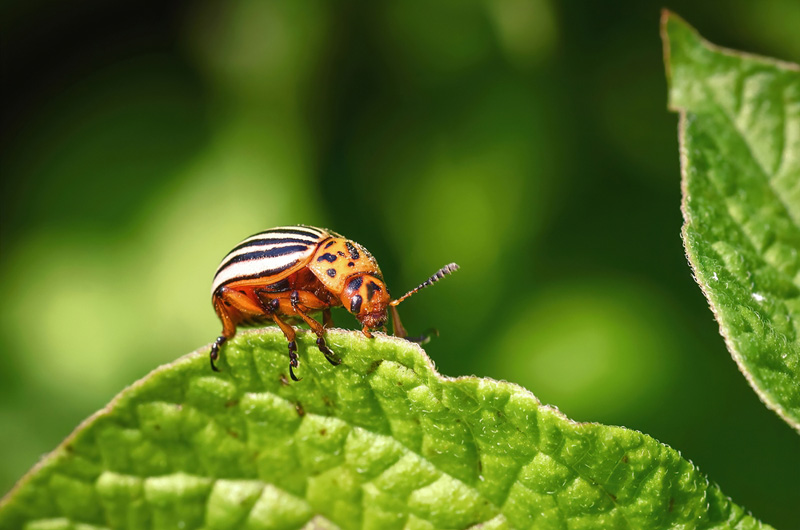
Essential oils provide many benefits for the plants that produce them. And they can provide those same benefits to us. These include. . .
- Fighting off Pathogens: Bacteria, viruses, and fungi can all threaten plants. So it’s not surprising that most essential oils have antimicrobial, antiviral and antifungal properties.
- Healing Wounds: Plants can injured by wind, rain, insects and larger animals. Chemicals contained within their essential oils help them heal from these wounds.
- Warding off the Damaging Effects of the Sun: Plants need sunlight - but the sun’s radiation can be damaging. So many essential oils have antioxidant activity. Antioxidants scavenge the reactive oxygen species produced by radiation, protecting the plant from its damaging effects.
- Repelling Harmful Insects: As every gardener knows, many insects damage plants. Essential oils help the plant repel these harmful insects.
- Attracting Pollinators: Of course, not all insects are harmful to plants: some are essential pollinators. And some of the scents produced by essential oils are designed to attract these pollinators. Many of these scents are pleasing to us as well, which is why essential oils are used in the manufacture of perfumes and colognes.
How Essential Oils Benefit Us
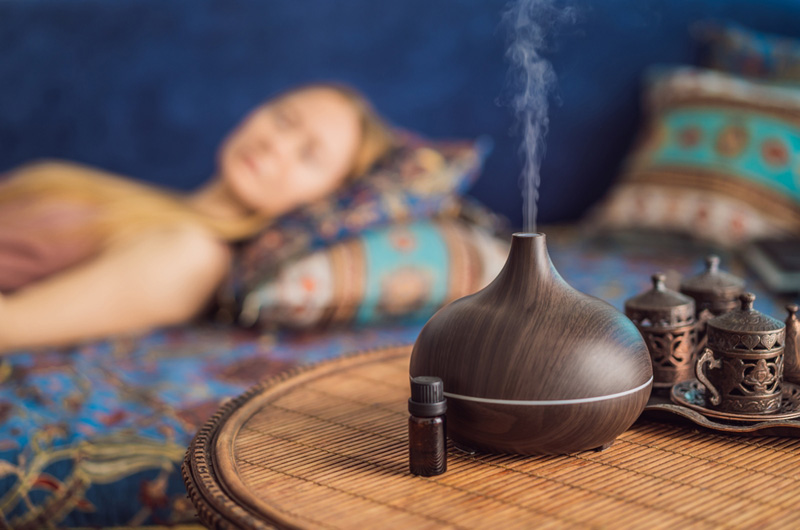
Physical Benefits of Essential Oils
Essential oils have many physical benefits - some of which can be deduced by looking at what these oils do for plants. I cover some of the ways I use essential oils and essential oil blends to reap their physical benefits on this page: Physical benefits of essential oils. These benefits include. . .
- Respiratory support
- Relief from minor aches and pains
- Occasional GI upsets
- Tension headaches
- Oral health
- Anit-oxidant support
Emotional Benefits of Essential Oils
Essential oils are aromatic: That is, they have distictive scents. The enchanging fragrance of a rose, the uplifting scent of a fresh-squeezed orange and the renewing aroma of a pine forest are all broght to us compliments of their essential oils.
Because the area of the brain that processes scent likes very close to the area of the brain that stores memories, and controls our emotions, these oils have the power to benefit us emotionally. These benefits include. . .
- Reducing stress and anxiety
- Improving motivation
- Alleviating grief and
- Improving restful sleep
I cover more of the emotional benefits of essential oils on this page. doTERRA also makes some emotionally beneficial blends that are just for kids. To learn more about those click on this link: Essential oils for kids'emotions
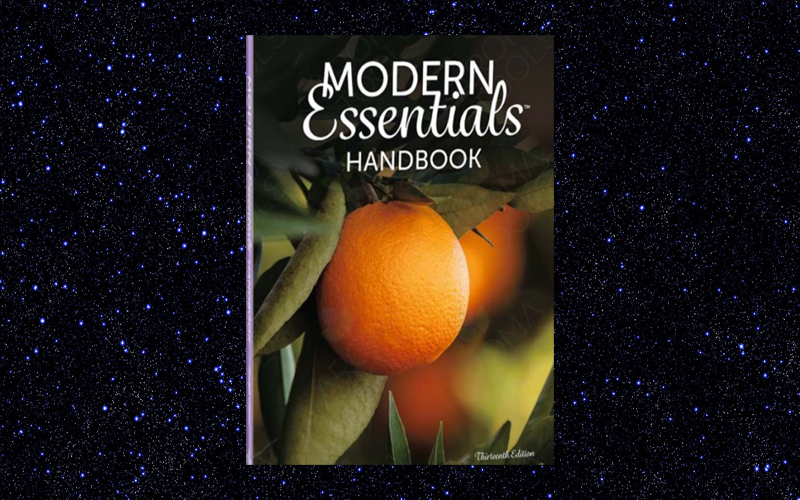
Of course, the physical and emotional benefits I just highlighted are the tip of the iceberg. If you decide to use essential oils in your practice you will want to check out the book, Modern Essentials: The Complete Guide to the Therapeutic Use of Essential Oils
This book, which is updated annually, allows you to look up a particular physical or emotional problem and find the essential oil and essential oil blends most likely to help with that problem. And it includes hundreds of scientific references supporting the use of essential oils for these purposes.
Which brings us to our next topic: The science behind the use of essential oils.
The Science of Essential Oils
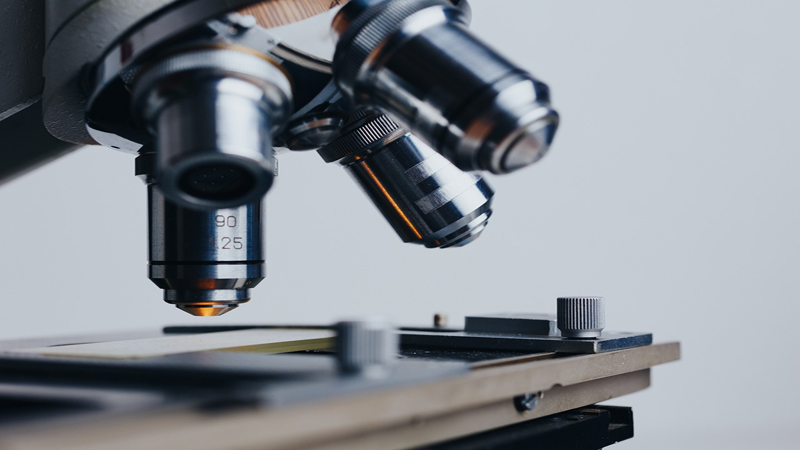
Essential oils can help us both physically and emotionally. But I often here it said that there are no scientific studies to support their use.
It is true that, in the past, the evidence supporting the medicinal use of essential oils was mostly anecdotal. But that is no longer the case.
Understanding how essential oils affect us through their cellular interactions and the use of these oils for medicinal purposes are currently active areas of research.
As a result of this ongoing research the market for the medicinal use of essential oils is growing.
According to a report by Grandview Research, not only is the use of essential oils expected to “expand at a compound annual growth rate of 7.4%. . .from 2021 to 2028” but medical applications are expected to constitute a significant portion of that growth.
According to the report . . .
"Medical emerged as one of the most significant application segments of the (essential oil) market in 2020. This segment is projected to witness growth over the coming years owing to the increasing application of essential oil(s) . . .in the medical sector. The growth of the natraceutical sector and the increasing popularity of integrative medicine emerged as other major factors driving the market for essential oils.”
Throughout my website I have linked to relevant studies whenever possible. You can find many more such studies at sites such as PubMed.gov.
Of course, nothing works well for everyone. and some essential oils will work better for some people than for others. This is especially true when it comes to the emotional effects of essential oils, since memory and life experiences play into the emotions elicited by any particular scent, and these differ from person to person.
Next Lesson. . .
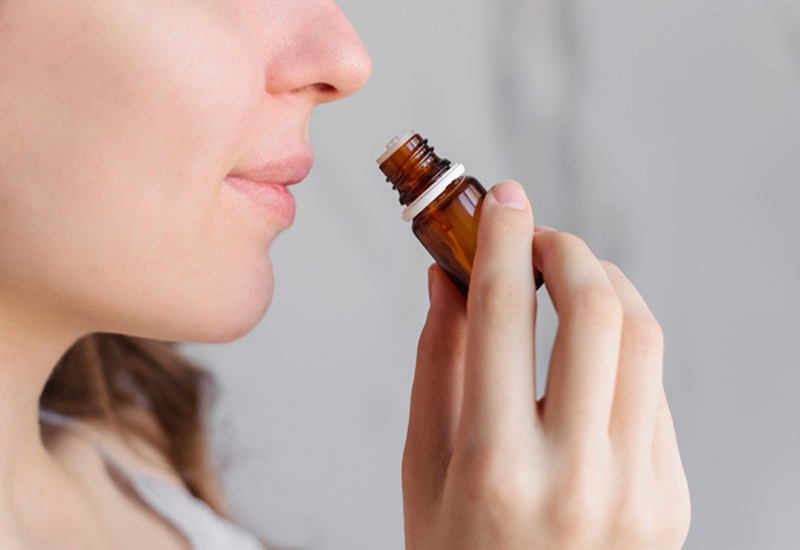
How to Safely Use Essential Oils. Essential oils can be inhaled, applied topically and sometimes, even ingested. In addition, some oils need to be diluted prior to topical application - but others do not. Find out how you can be certain you are using any particular oil correctly and get additional tips for the safe use and storage of these oils.

Want to try doTERRA essential oils or essential oil products?
Click on this link to get a FREE membership and WHOLESALE prices for a full year! Get My Free doTERRA Membership.


